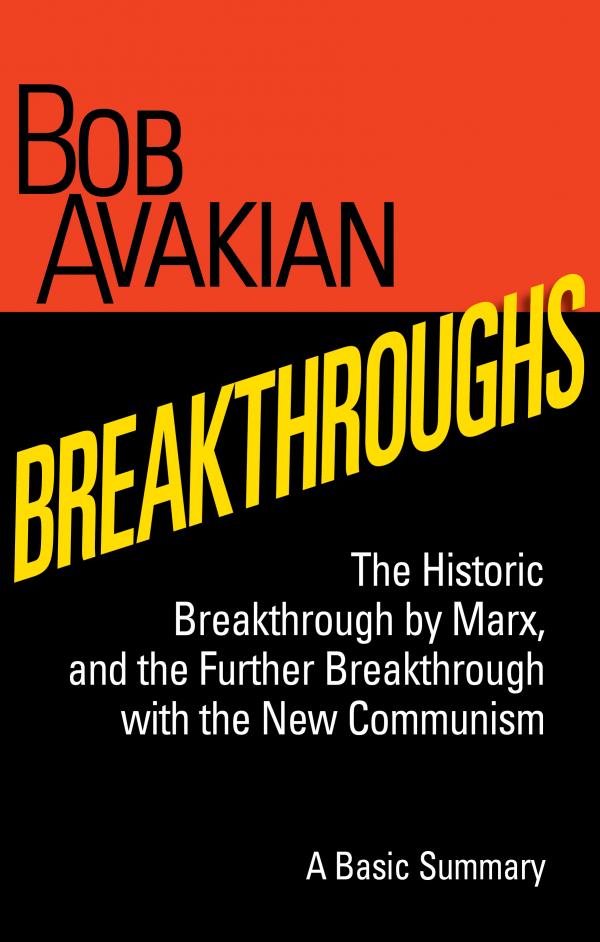Recently I wrote:
Mode of Production!... Mode of Production!... Mode of Production!
If you don’t know what this means, and how important it is—you are out of it, and you need to learn about it!
To dig into this, you can go to Breakthroughs and start with the following statement:
Ultimately, the mode of production sets the foundation and the limits of change, in terms of how you address any social problem, such as the oppression of women, or the oppression of Black people or Latinos, or the contradiction between mental work and manual work, or the situation with the environment, or the situation of immigrants, and so on. While all those things have reality and dynamics in their own right, and aren’t reducible to the economic system, they all take place within the framework and within the fundamental dynamics of that economic system; and that economic system, that mode of production, sets the foundation and the ultimate limits of change in regard to all those social questions. So, if you want to get rid of all these different forms of oppression, you have to address them in their own right, but you also have to fundamentally change the economic system to give you the ability to be able to carry through those changes in fundamental terms. To put it another way: You have to have an economic system that doesn’t prevent you from making those changes, and instead not only allows but provides a favorable foundation for making those changes.1
1. This statement is contained in Breakthroughs: The Historic Breakthrough by Marx, and the Further Breakthrough with the New Communism, A Basic Summary, by Bob Avakian, which is available at revcom.us. It originally appeared in the book by Bob Avakian The New Communism: The science, the strategy, the leadership for an actual revolution, and a radically new society on the road to real emancipation, Insight Press, 2016. Italics in the original. [back]


Bob Avakian
BREAKTHROUGHS
The Historic Breakthrough by Marx, and the Further Breakthrough with the New Communism
A Basic Summary